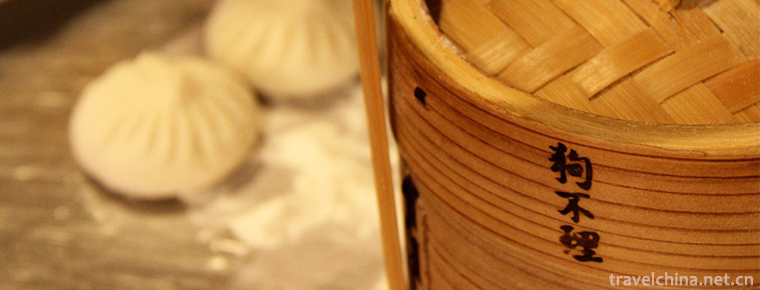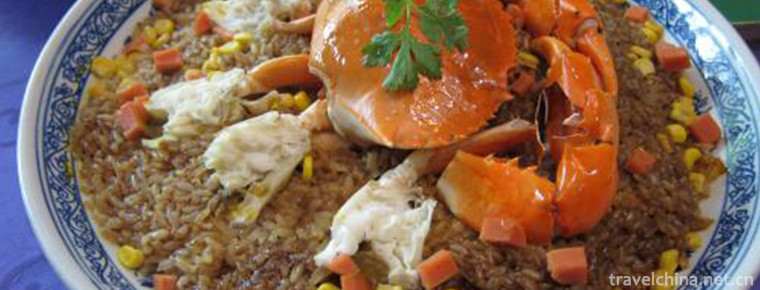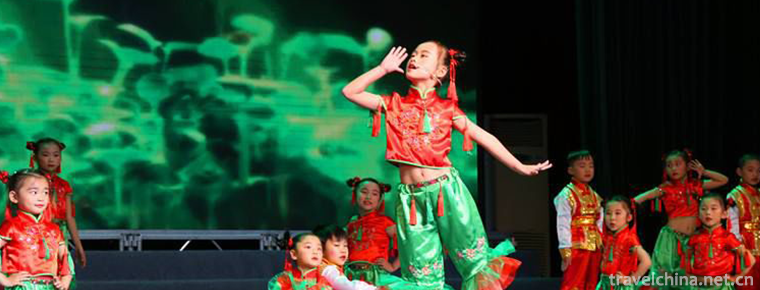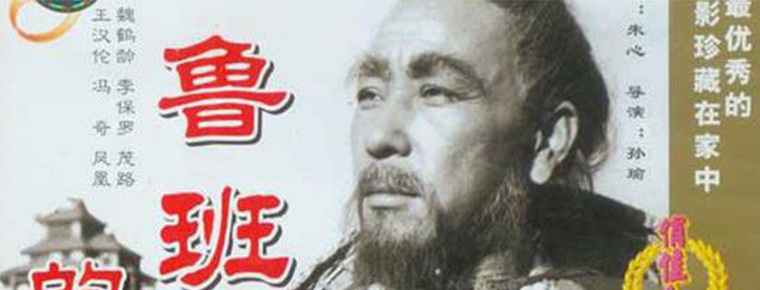Salar Folk Songs
Salar Folk Songs
There are many kinds of Salar folk songs. In the course of long-term historical development, they have formed colorful and distinctive musical forms and singing styles. Salar folk songs keep the ancient music style of salar, showing the original flavor and original style, and the lyrics are also the essence of Salar language.
On November 11, 2014, Salar folk songs were approved by the State Council to be included in the fourth batch of national intangible cultural heritage list.
historical origin
Salar people are good at singing. In the long-term development of history, they have created a rich and colorful national music. They sing historical stories and folklores in the form of folk songs. Some extolled the fearless spirit of the people fighting against nature, others criticized the unreasonable feudal marriage system of etiquette and religion. All these vividly depicted the traditional customs and human feelings of the Salar people and their yearning for and pursuit of a better life. In addition to their native language, Salar folk songs also use both Han and Tibetan languages in their lyrics, which not only adds a strong national flavor and local flavor, but also reflects the influence of their national cultural factors on Salar music.
artistic characteristics
The Salar people also divide folk songs into "family songs" and "wild songs". There are two meanings of "Family Music" and "Wild Music". One is in form; the other is in content. Different forms are subject to slight restrictions, while different contents are subject to stringent restrictions. For this reason, "Wild Music" can only be sung outdoors and avoid elders and relatives.
Salar folk songs can be divided into labor songs (chants), Yuer (traditional love songs), flowers, banquet songs, religious songs and nursery songs according to their content and musical characteristics. Among them, "family songs" belong to the category of labor songs, banquet songs, religious songs, narrative songs, children's songs.
Salarqu is a long lyric poem sung by the Salar people in their own national language. Each capital consists of several short poems with complete meaning, or narrates a story, or expresses certain feelings, or shapes an image. The content mostly reflects the young men and women's pursuit of love and their yearning for a happy life. The melody is rap-like, which is quite different from the folk songs sung by other local nationalities and has a unique style.
Sarah Banquet Song is a folk song and dance sung in Chinese for the sake of entertainment when the guests fill the hall and laugh at wedding celebrations. It is a general reflection of national culture, religion, living customs and national characteristics, and an important basis for studying the material and spiritual forms of the Sarah people. Banquet music has free singing form, rich lyrics, beautiful tunes, impromptu lyrics, as well as traditional repertoires handed down from generation to generation, mostly equipped with simple dance movements. Sarah's banquet songs are all songs sung by men, and women don't sing banquet songs, except Sahels, which is a crying tune for girls when they get married.
Sarah "Huaer" is a kind of folk song sung by the Salar people in Chinese. It is mainly popular in Xunhua Salar Autonomous County, Gandu in Hualong County, Dahejia and Liu Jiaji in Gansu Province. Sarah "Flowers" spoke loudly and freely. The internal organization of Sarah's "Flower" mode is diverse. The layout of the mode and tone is quite logical, artistic and expressive. Affected by Tibetan folk songs, the Salar "Huaer" is very graceful and has a tremolo in its singing. Most of the Salar and local dialects are added to the sentences to form a unique style.
Salar people's work songs are produced in the process of long-term collective labor. They have the characteristics of closely coinciding with the rhythm of labor. They are not melodious. They are mostly leaders and combination forms. They have a high-pitched and bright voice, rich in the rugged and heroic style of the Northwest Plateau, and have a lively atmosphere. They play the role of stimulating, relieving boredom and eliminating fatigue. Mainly there are lumber trumpets, logging trumpets, ferry trumpets, harvesting trumpets, flail trumpets, wall trumpets, tile trumpets and so on.
Salar children's songs are lively and interesting, mostly related to children's life and games. Through singing, children can indirectly or directly understand the surrounding environment and develop children's intelligence. It can be called intellectual songs. Its artistic characteristics are short melody and easy to understand the lyrics.
"Yuer" is a traditional love song sung by the Salar people in their native language. Because of the taboo and objection of feudal ethics, this kind of love song is sung in the fields, the field, the mill and so on. It is strictly forbidden to sing in the village house. "Yuer" reflects the pursuit of free marriage of young Salar men and women.
Representative Works
Salaze
Some folk songs, such as Brazilian Gulou, are said to be original folk songs brought by the ancestors of the Salar people. "Brazilian Old Slip" is a Salar transliteration, meaning round head. It is a love song sung by the Salar people in their own national language. It praises their sweethearts by using Bixing technique. It has a happy rhythm, a smooth melody and is easy to express their feelings. In addition, the works of Salarsey Buga and Emperor Awuni, which are widely spread and have great influence, are composed of many short poems with independent meanings, beautiful vocabulary and vivid metaphors. Such as: "Saracesi Baga, skillful hand to make mouth chords; Ana Hongyan Gu, skillful tongue to play mouth chords... When singing a salad, you can improvise and improvise.
Banquet song
Among the popular Sarah banquet songs are Ishanma Xiuer, Alima, Uncle, Sachs and Ugehursus, which are called "family words".
"Alima" praises the dress of women of all nationalities living here. Every Lyric praises the dress of a national woman. It becomes a valuable material for Folklore Study of national dress.
Sahel, a sad song in Salar, is a sad song for the bride to express her bitterness when she gets married. It is a blood and tears complaint against the feudal marriage of buying and selling. As the song sings, "Sahel, I cry and cry, barley oats grow together, black barley is ripe to take home, but mango oats are scattered on the open ground." My hair is not long, my bone marrow is not thick, the bride as gold into the door, I as tiles thrown out the house..."
"Ugehursus" is a kind of entrusting words that the bride says to the other party after sending her to the man's home. Before the wedding banquet, it is completed by the elder woman who sends her relatives. It has melodious tunes, profound lyrics, a wide range of life, and contains profound philosophy of life. Through vivid metaphors and appropriate reasoning, we teach newlyweds to respect their elders; exhort people to be serious and prudent about marriage; couples love each other and live together forever; and ask relatives to take more care of "unreasonable" brides and teach them by words and deeds.
Flower
Sarah's "Flower" and "Meng Daling" have the melodic characteristics of Tibetan "Lai" (a love song), which obviously absorbs the elements of Tibetan folk songs. The Hui banquet songs Monahe and Mawuge, Tibetan folk songs and Han slang songs, like a stream of fresh springs, enrich the Salars. Sarah's "flower" is no exception, but it does not lose its own unique style. "Meng Daling", "Sarah Daling", "Sanhua Cao Ling", "Qingshui Ling", "Shuihonghua Ling", "Three Rises and Three Falls Ling" and so on, high-spirited, euphemistic, free and not loose rhythm, plus the use of Sarah lining, compared with other ethnic flowers, unique, unique style.
Nursery rhymes
"Cigarette delivery": "Cigarette, cigarette, over there, there are people, over here there are wolves."
Another popular nursery song is Rabbit Rabbit.
Yule
The most influential works are "Brazil's Old Slip", "Saracesi Baga", "Emperor Awuni", "Yangu's Residence Fixed Hair" and so on.
Inheritance Significance
Salar folk songs are closely related to their living environment, national character and working style. In the development of Salar folk songs, besides retaining some of their own characteristics, other national cultures also have a certain impact on the formation of their singing style.

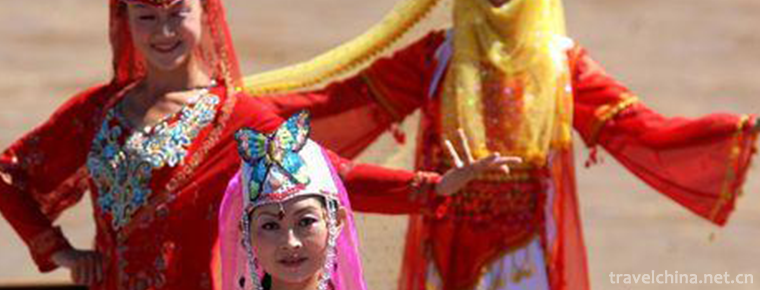
-
Lijiang Ancient Town
Lijiang Ancient City is located in the ancient city of Lijiang City, Yunnan Province.
Views: 207 Time 2018-10-17 -
Go BelieveGoubuli baozi
Goubuli steamed bun is a snack made of flour, pork and other materials. It was founded in 1858 (Xianfeng period of the Qing Dynasty). .
Views: 162 Time 2018-11-14 -
Babao Green Crab Rice
Two crabs, 700g, 165G glutinous rice, 45g ham, 20g open onion, 45g white fruit, 75g peanut, dried mushroom, dried asparagus, onion, ginger slices, yellow wine, salt and clear soup (300g).
Views: 371 Time 2019-03-26 -
Plaque Custom Hakka Plaque Custom in South Jiangxi
Hakka plaque custom in southern Jiangxi has gradually developed with the migration of northern scholars to southern Jiangxi. Hakka traditional custom in rural areas has been formed.
Views: 142 Time 2019-04-04 -
Dang Tu folk songs
Dangtu Folk Song is one of the national intangible cultural heritages of the local traditional music in Ma'anshan City, Anhui Province..
Views: 242 Time 2019-04-25 -
Legend of Luban
productivity and the change of production tools have created conditions for the improvement of technology..
Views: 238 Time 2019-05-15 -
University Of Science And Technology Of China
University of Science & Technology China (University of Science and Technology of China) China University of science and technology Located Anhui Province Hefei City By Chinese Academy of Sciences.
Views: 121 Time 2019-11-23 -
Wawu mountain
Wawu Mountain National Forest Park is under the administration of Hongya County, Meishan City, along the western edge of Sichuan Basin. It is 180 km away from Chengdu and covers an area of 1.05 million mu. .
Views: 291 Time 2020-10-15 -
Neijiang in yuan Ming and Qing Dynasties
In 1279, China was unified and the Yuan Empire was established. After more than 30 years of war between the end of Song Dynasty and the beginning of Yuan Dynasty, the system of Zizhou and Puzhou has not been restored except Jianzhou. In the 22nd .
Views: 281 Time 2020-12-16 -
Guangan landform
The topography of Guang'an City is fan-shaped distributed between the hills and parallel valleys in eastern Sichuan, which belongs to the Sichuan basin bottom extending to the basin periphery gradually. The Huaying mountains, which run through the so.
Views: 102 Time 2020-12-19

